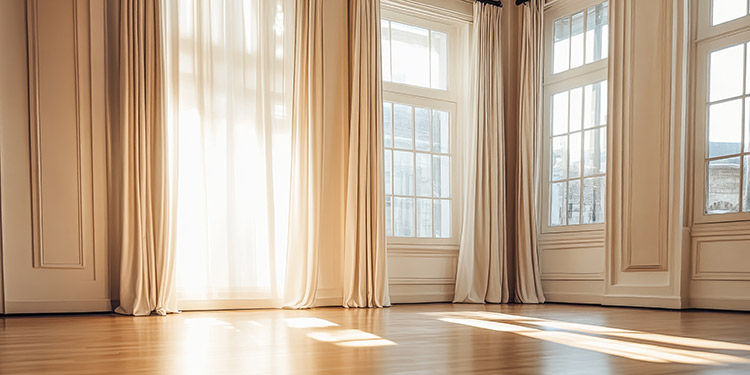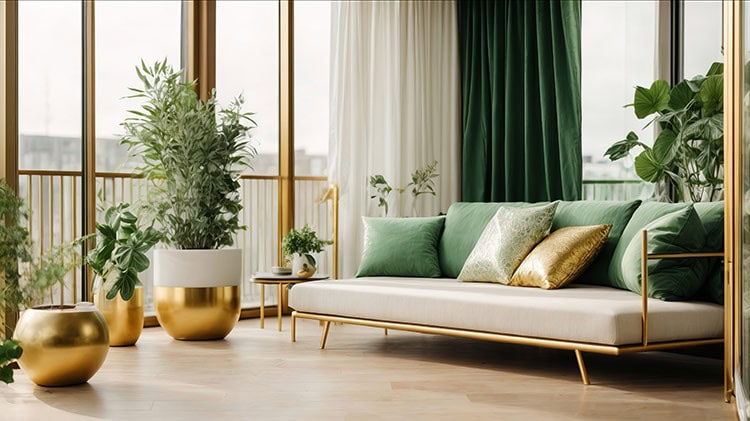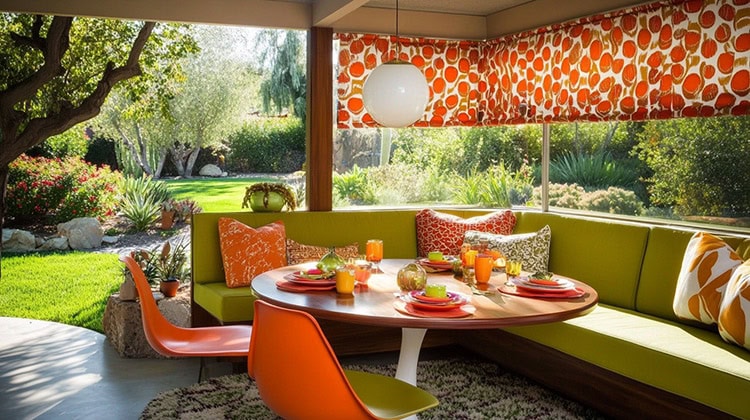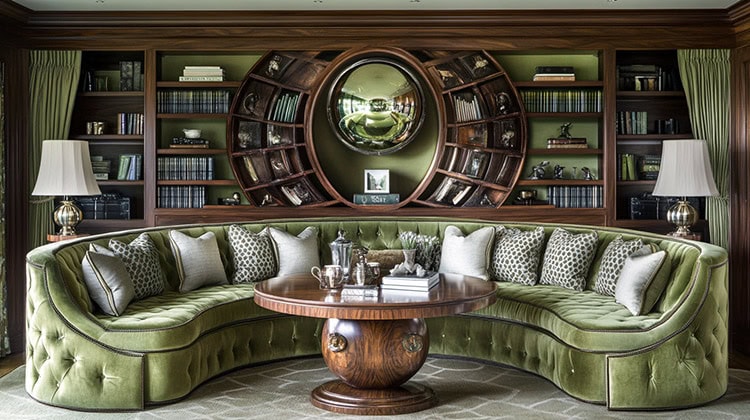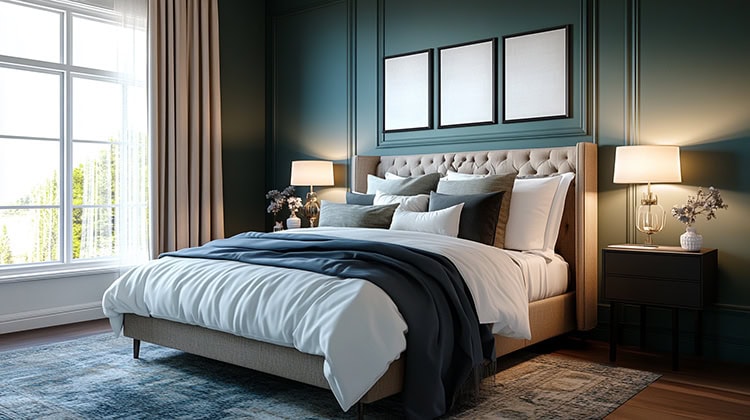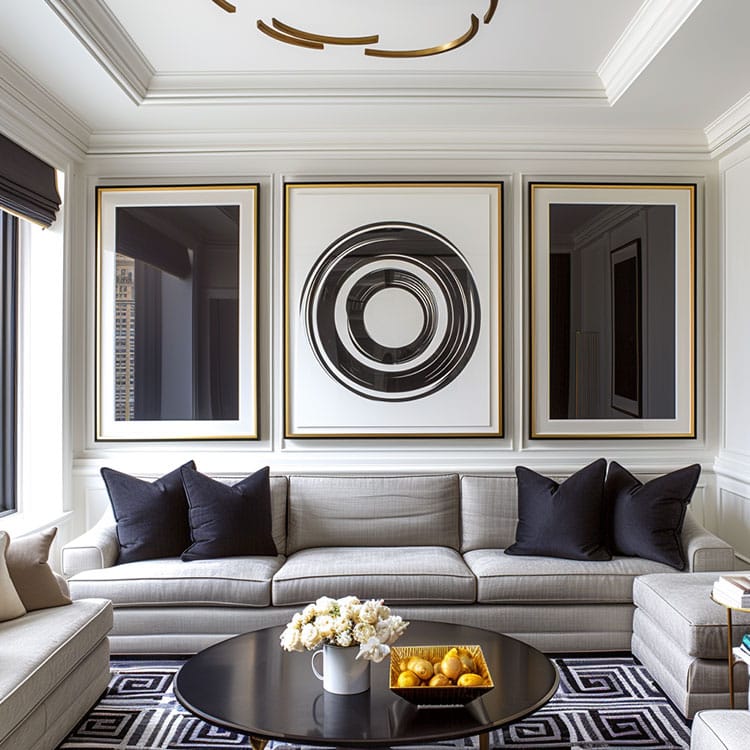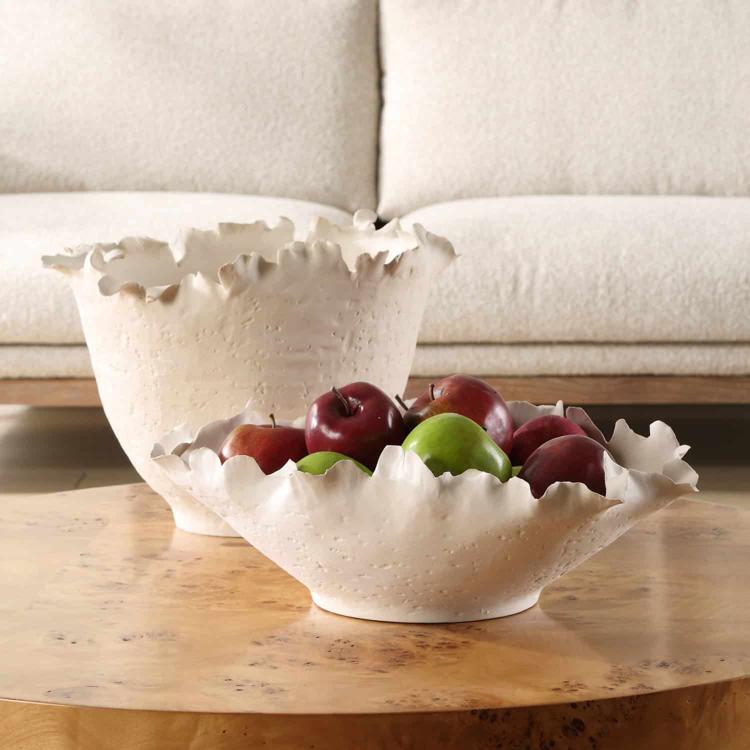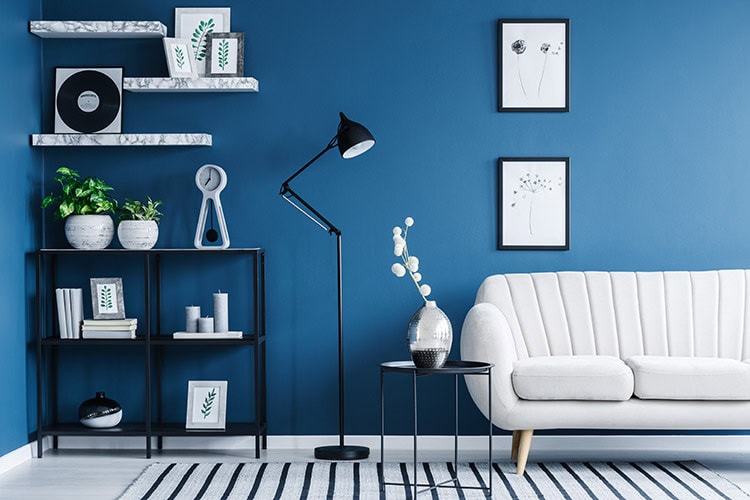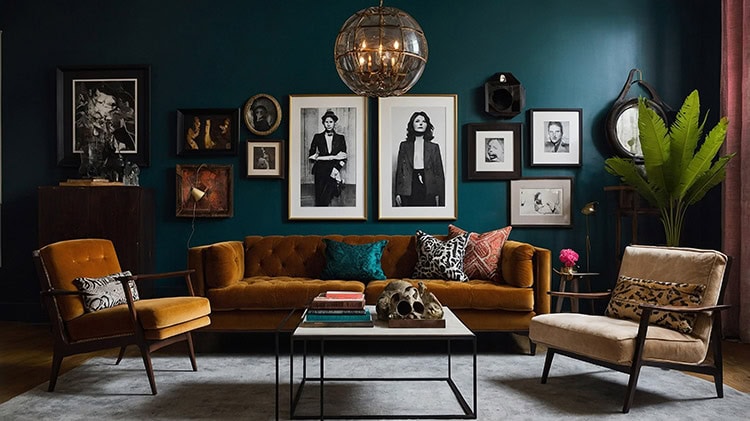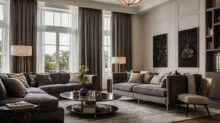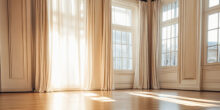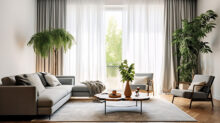For many interior designers, it’s all about creating bright and airy spaces for homeowners. But what if that’s not really your style? Is it OK to go against the grain and incorporate darker rather than lighter colors within the space? In a word, absolutely. In fact, only concentrating on the brighter end of the spectrum could leave you missing out on something truly amazing: dark colors in home design.
Keep in mind that this doesn’t mean you need to go full-on dark. Instead, throw in the occasional darker hue to create interest. Think rich plum reds, deep blues, grays, browns, and even blacks. When executed properly, dark palettes can make a home’s interior both exciting and refreshing.
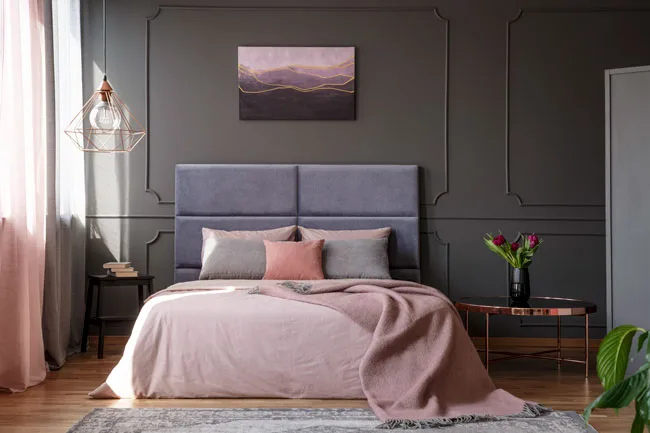
3 Tips for Using Dark Colors in Your Home
So just what exactly is the right way to execute a dark color palette? Honestly, it really boils down to your decorating goals. Are you trying to unify a space? Looking to add drama? Create a cozy feel? Whatever your goals are, here are 3 big tips to get you going in the right direction:
1. Use dark colors in any room of your choosing
Contrary to popular belief, dark colors can be used in small rooms. Dark colors can be dramatic, which means that a small room can have a much bigger presence simply by incorporating deeper hues. Depending on how much natural light the space has, a lighter color might be the better choice. However, if you prefer something darker, there’s no reason to rule it out. When it comes to large rooms, a dark palette can create warmth and coziness that it might be lacking. At the end of the day, there’s no reason deep hues have to be confined to rooms of a particular size.
2. In a dark room, go light on the patterns
Patterns are a great way to express your sense of style, but in a dark room, it’s best to limit it to only one or two. Since dark rooms are inherently dramatic, too many patterns would be overkill. A better option would be to add in more texture with various materials and textiles (think wood, metal, rattan, velvet, linen, and suede). This certainly doesn’t mean avoid patterns altogether. The ideal number of patterns will vary from room to room, so simply trust your eye and your instincts.
3. Create contrast and balance
Creating contrast as well as a sense of balance is very important in dark rooms. To achieve this, mix your materials. In other words, use different textures in your fabrics as well as your hard surfaces. The ultimate goal is to have some of your items pop against their dark background, so be sure to incorporate some light and/or bold colors here and there.
3 Ideal Places for Dark Colors
Now that you have 3 major tips when it comes to using dark colors, let’s talk about 3 places you can use them.
1. Ceilings
Yes, really! Traditionally, ceilings have always been as bright as possible. But if you have a room with a high ceiling and large windows, it’s the perfect opportunity to opt for a richer, darker tone. For a sophisticated, use a lighter complimentary tone for your wall. And whatever you do, don’t go dark on the floor if you went dark up above. Dark flooring with a dark ceiling can be too much.
2. Flooring
Speaking of flooring, this is another ideal spot to showcase a dark color. Not only can dark flooring be practical in that it hides marks, but they can also be incredibly stunning to look at. Dark laminate is one great choice as is tile.
3. Furniture
Choosing dark furniture for your house is quite daring, but if incorporated wisely, it can give your house a very classy touch. Dark furniture can be an especially good choice if you already have a primarily light-colored room. It can also be a good choice when you have a large spacious room. Darker pieces of furniture can make the room appear visually smaller, creating a more inviting and intimate vibe.
Ready to embrace your dark side? If so, come see what we have for you! Visit INTERIOR FABRICS a quick trip from Katy, TX or browse online— we have many designer discount fabrics in dark shades that are sure to make a statement in your home.

